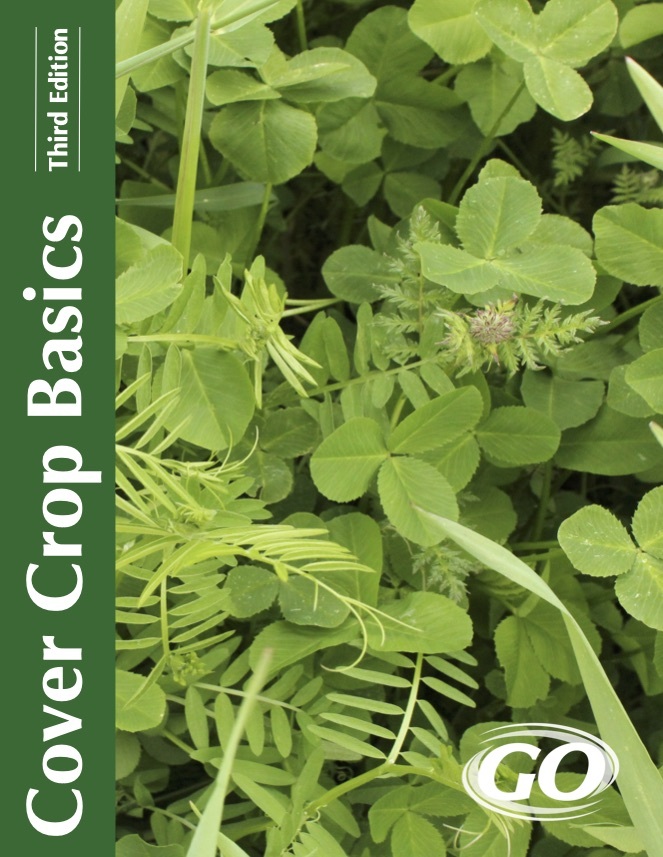Global agricultural and food systems face the challenge of feeding a growing world population in the face of finite and diminishing resources. To guide the redesign of agricultural systems, farmers and policymakers are increasingly turning to agroecology. Organic agriculture has historically integrated agroecological practices within its regulatory framework; however, questions remain as to the extent to which organic farmers are maintaining and expanding agroecological practices. In this paper, we will address convergences and divergences of agroecological and organic practices. Using cover cropping as a model agroecological practice, we conduct a preliminary assessment on the degree to which organic vegetable farms in Wisconsin, USA are integrating agroecological concepts into their farm management, drawing upon the results of a 2013 cover cropping practice survey. The survey data demonstrates varying degrees of complexity and diversity in cover cropping practices, potentially illustrating the desire of organic farmers to promote a high degree of agroecosystem services. Farmers’ integration of cover crop diversity and complexity was not correlated to farm size or revenue. These results offer preliminary evidence that Wisconsin’s organic vegetable farmers are integrating agroecological practices on their farms, even as growth in the organic market continues to occur.


